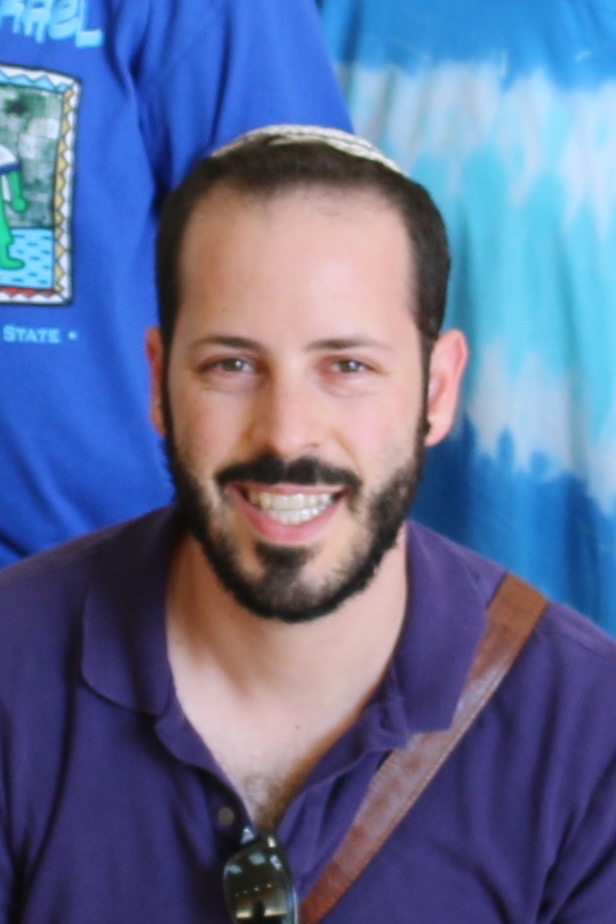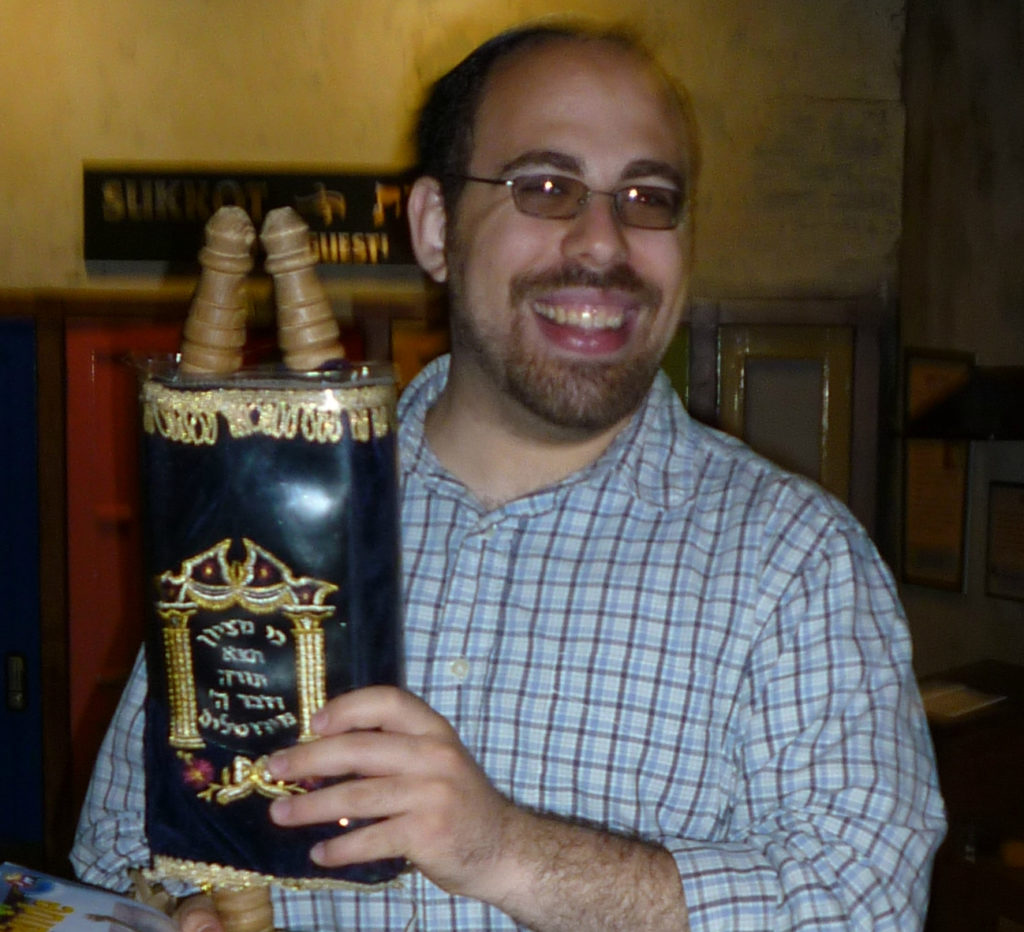
Weak Eyes
As Jacob meets Rachel and Leah, the text shares a rare visual description of both women. We learn that Rachel is beautiful and Leah’s eyes are “weak.” The word describing Leah’s eyes, “rakot,” can also be translated as tender, soft, or gentle. It is difficult to determine if Leah’s eyes are an impairment or a...
read more







